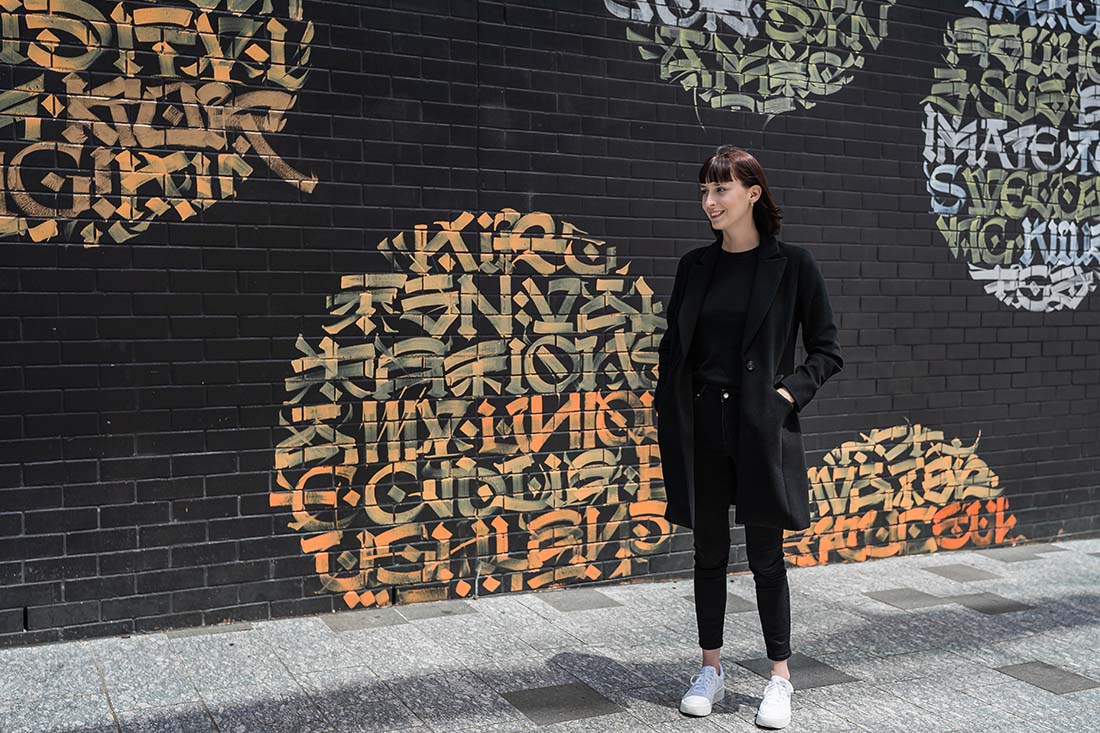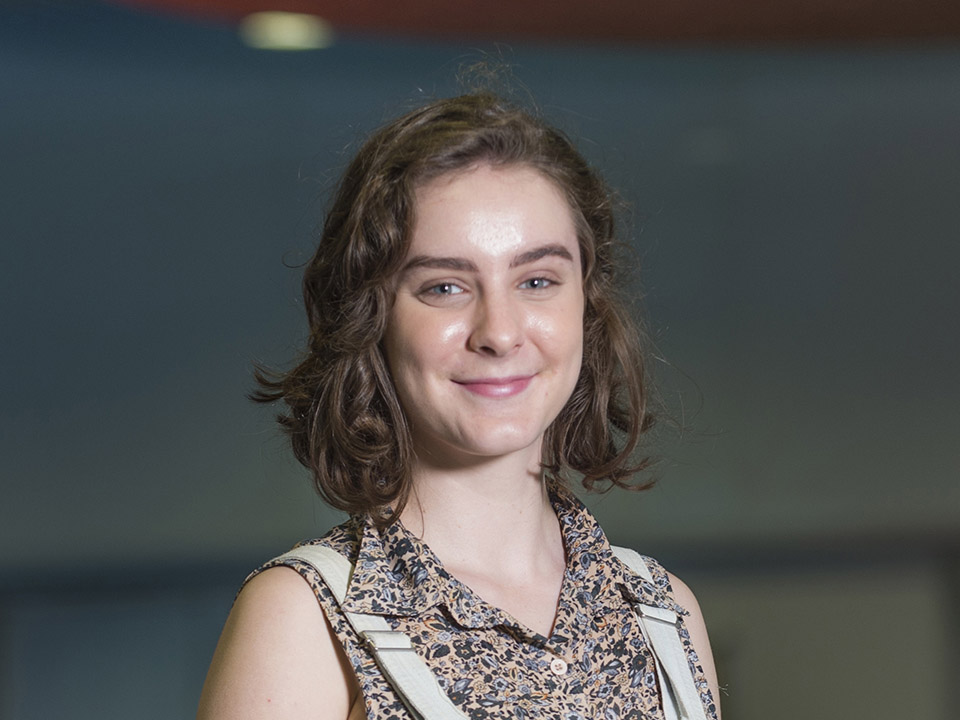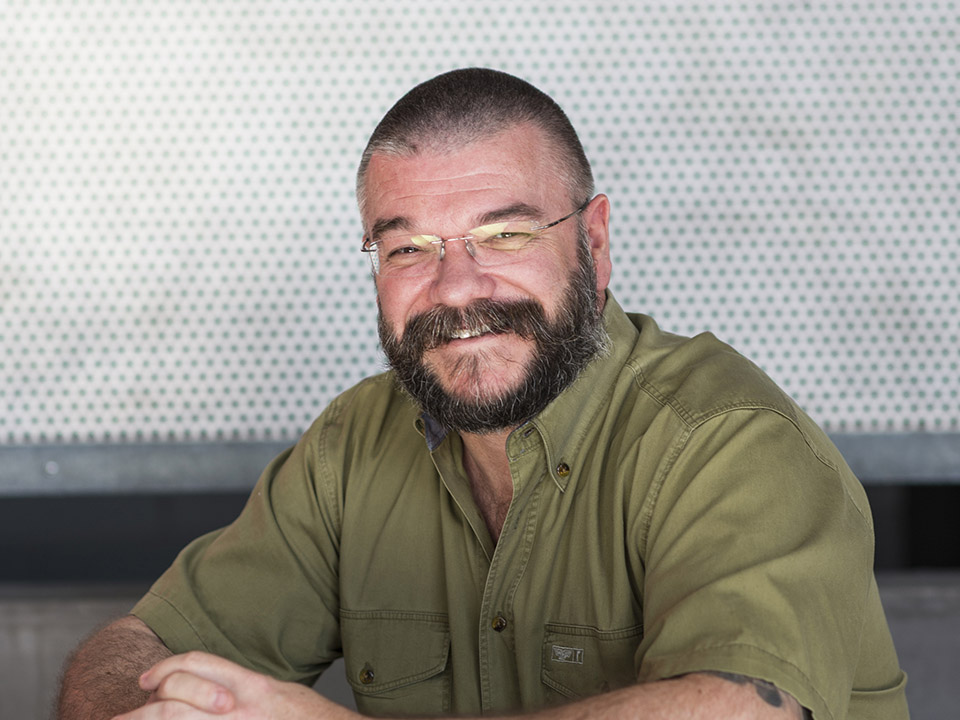Bachelor of Architectural Design
QUT is ranked as one of the top 100 universities in the world for architecture and built environment (QS World University Rakings by Subject 2023) and we are proud to have Queensland’s most in-demand architecture degree (QTAC first preferences 2022).
With a strong reputation in the industry, our graduates are in high demand. The percentage of our graduates who secure full-time employment is among the highest in the country (Graduate Outcomes Survey 2019-2021 / Australian Taxation Office 2017-18 financial year), and our graduates have the highest starting salaries of all Brisbane architecture graduates.
You will begin with introductory and shared impact lab units where, working with students from other disciplines, you’ll focus on problems and social issues and identify potential solutions connected to industry and community. Your introductory studies will also introduce you to visualisation skills and applications needed to formulate design as an exploration of the materials of the built environment.
Your studies will then build on these foundations and explore areas including environmental principles and the global movement of modern architecture with design studio units covering the process of design, dwelling, tectonics and public spaces.
Later in your degree you will be able to transfer skills and knowledge to a workplace or professional context and gain practical work experience with work integrated learning.
Bachelor of Built Environment (Honours) (Urban and Regional Planning)
In your first year, you’ll complete units that will lay the foundations for the remainder of your course. You’ll explore the built environment, and receive an introduction to planning and design, urban development law, urban analysis and land-use planning. You will also develop your skills in negotiation and conflict resolution.
You will continue your studies in your second year, building skills in site planning, stakeholder engagement, transport planning and planning law. From there, you’ll have the opportunity to refine your understanding of urban design and property development and use your cumulative knowledge to undertake environmental planning activities. You will also reflect on your work placement and consolidate your research skills.
In your final year, you will explore advanced concepts of urban and regional planning, as well as planning theory and ethics. You’ll look at real-world planning projects in studio and research environments. Your studies will culminate in a major research project with a faculty mentor, showcasing your acquired skills.
You will complete 30 days of approved work experience in the industry, as part of your work integrated learning.




